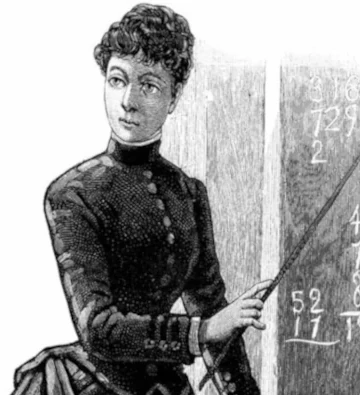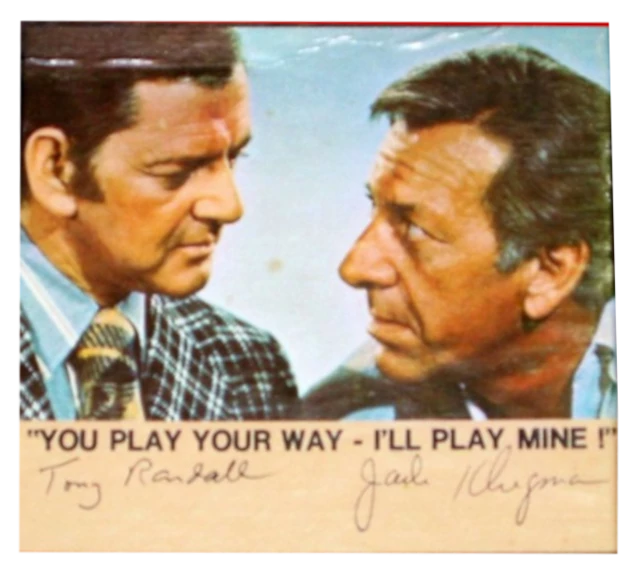Yahtzee House Rules
Yahtzee House Rules are changes or updates to the standard rules created at the discretion of a game host. These types of rules can vary by location, or even at the whims of the players. Rule changes are a great way to inject a personal touch of self-expression into a Yahtzee game. Consider popular house rules like the Mega-Yahtzee or Chance-Chance. Just take care not to stray too far from the game’s core mechanics.

Playing Yahtzee online is one of humankind’s greatest technological achievements. It is quick and efficient, offering up games on demand, and enables remote play from across the globe. But while electronic Yahtzee facilitates playing from the privacy of your own home in your underwear when the agoraphobia is acting up, you will be missing out on one of the great joys of Yahtzee that only an in-person game can provide: the House Rules.
House Rules are any sort of regulation or variation to the standard game that serve as the de facto guide to gameplay for a particular venue. Going above and beyond the official instruction booklet, Yahtzee House Rules are a way for hosts to offer games with a unique flavor. These rules oftentimes alter the standard Yahtzee odds and probability, presenting new challenges and opportunities for players of all skill levels. They are simply different ways to play Yahtzee.
Imagination-challenged individuals may wish there was a way for them to enjoy House Rules without going through all the trouble of thinking some up. Fortunately, the top six Yahtzee House Rules are listed below. And don’t forget that there have been plenty of official Yahtzee variants released over the decades that expand and alter the standard game’s core mechanics. Triple Yahtzee, Yahtzee Texas Hold'em, Power Yahtzee and more are all great ways to put a new twist on the old classic.
House Rules Rules
Yahtzee is a game that is based on the principles of probability and odds. In each round of the game, players roll five dice and must choose which dice to keep and which to re-roll in order to achieve the best possible combination.
The outcome of each roll is determined by the odds of a particular combination occurring. For example, the odds of rolling a Yahtzee (five of a kind) are 1 in 1296, whereas the odds of rolling a Straight (five consecutive numbers) are 1 in 252. But for some players, this can get a little stale. House Rules are a great way to shake things up.
House Rules are determined by the game host and, while there are commonalities, can differ dramatically in both their frequency and intensity from one location to another. This is the beauty of House Rules, and also their danger. There are two general mandates that govern House Rules in all their derivative formations across all localities:
1. The Yahtzee host of a given venue has sole control over implementation and is the final arbiter of all House Rules. A game held in neutral territory will adhere to standard Yahtzee rules, unless a change is unanimously agreed upon by all players.
2. House Rules must be openly and clearly declared to all players prior to a game’s first roll.
Researchers at the World Yahtzee Institute recommend a maximum of two House Rules per venue so as not to dilute the game mechanics out of recognition. And because some veteran players may balk at a ludicrously overpowered variation, consent from game participants is heartily encouraged before House Rules implementation. But as with every other conceivable aspect of their character, all House Rules are dependent on the whims of the host.
Common Yahtzee House Rules
House Rules are certainly not required and many puritanical players maintain a strict originalist interpretation for any game played under their roof. But as variety is the spice of life, true Yahtzee devotees will learn from their unique experiences with the House Rules of foreign tables and incorporate new tactical strategy into their own games.
Mulligan or 4th Roll: The most common of all Yahtzee House Rules. Once per game, on a turn of the player’s choosing, she may roll one or more dice for a fourth time. This rule is typically applied to a turn that ends in narrowly missing a Yahtzee after the third roll. It is also useful when going for other high-value categories like the Large Straight.
The Mulligan often tempts a player on a cold streak into believing they can actually roll one single three to wrap up the Upstairs Section bonus after having been blanked on the previous nine rolls. Good luck with that!
Chance-Chance:This rule is a more focused version of the Mulligan and can only be invoked when a player chooses to score their Chance. Instead of recording the total after the third roll of a turn, the player may elect to re-roll for a fourth and final time. The player is required to roll all five dice and the resulting roll can only be scored as Chance.
The Chance-Chance is used as a last-ditch attempt to avoid a very low Chance score after the third roll. But nothing is guaranteed. Many players are stymied and end up with an even lower total. When rolling five dice, their sum averages to 17.5 points so most players only make use of the Chance-Chance when they have something less than 17 or 18 showing.
The Chance-Chance is denoted with a “c” or “cc” next to the numerical score in Standard Yahtzee Notation:
Bottom's Up: A rule that stipulates the player(s) must take a drink of an alcoholic beverage following the occurrence of a defined game event. For example, take a swig whenever someone rolls a Full House. Although not a favored variation for players who prefer to imbibe on their own terms, drinking mandates allow for a player to get quickly liquored. Some official tournaments, like the long-running New England classic organized by Yahtzee Nation, incorporate an intricate set of drinking rules into the competition. Because a game is most successful when all players are able to remain conscious until the end, alcohol and other mind-altering substances should be used with discretion.
Mega-Yahtzee: For one turn of the player’s choosing, she may add a sixth die to the shaker. This will juice the Yahtzee odds to assist with rolling a hard-to-score combination. In the extraordinary event that she rolls a Six-of-a-Kind, it is treated as a regular Yahtzee but includes a Mega-Yahtz Bonus of up to 1000 points.
Fool House: The player must score the Full House if it is rolled. This rule forces the player’s hand into accepting the Full House, even if it appears on the first roll of the game. Will it be a help or a hindrance? It can vary from one game to the next.
The Fool House rule makes it impossible to calculate a player’s Full House Dis Quotient (FHDQ), a powerful statistic used to evaluate Yahtzee strategy. The equation measures the number of times a player rolls a Full House in a game, before, after, and if they have scored it. The resulting figure offers insight into a how much a player focuses on the Full House as compared to other combinations. But under Fool House rules, no choice is available. House Rules can often cause unintended ripples downstream in the Yahtzee data cycle. Care should be taken when adapting any Full House Yahtzee rules.
Battle Cry of Yahtzee: It is a common occurrence for players to shout out “Yahtzee!” in a fit of excitement after rolling the namesake. This behavior was popularized by TV commercials from the 1970s and 80s and rarely needs to be prompted as it is a natural expression of joy. But some hosts invoke their right to mandate the Battle Cry of Yahtzee, often with strict punishments for failure to comply. The Royal Dutch Yahtzee Federation, for example, has implemented a rule for all league competitions where the Yahtzee must be scored as a zero if the player refuses to shout out with glee after rolling a five-of-a-kind.
Do you have to yell "Yahtzee"? This is one House Rule that has some semblance of legitimacy. The Yahtzee yell was first mentioned in the original rules booklet. Tucked away on the back cover is the instruction: "When you get Yahtzee, call it out loud and clear!" Textual originalists argue that the Yahtzee shout holds just as much weight as any official rule. So, the next time you roll that perfect five-of-a-kind, unleash your inner champion with a victory cry! It pays to be a stickler for the rules.

Yahtzee Rules Book, 1967
Implementing House Rules

A game host may wrestle with the question of which, if any, House Rules to use at their home Yahtzee table. It is not a decision to be taken lightly as any alteration to the game’s core mechanics risks warping it into a board game abomination. Yahtzee’s modern founders, after all, spent considerable time and effort in crafting a beautifully balanced game. It would be an insult to their legacy to mangle the gameplay with the insertion of unwieldy House Rules.
The best advice is to keep it simple. Don’t go overboard by trying to overhaul any of the game’s systems. Selecting one or two of the popular examples above is a good place start. From there, experiment with the styles that work for best for your strategic tendencies and experiment with adding or removing variants. Play to your strengths, as one of the main benefits of House Rules is to confer a home-table advantage for the host and her cohorts.
The ideal House Rule will do more with less. It is an element that adds a new dimension or fun twist without sacrificing the dignity of the original game. Consider using different House Rules for official tournaments at your venue than when playing casual games. And remember that it is considered proper Yahtzee etiquette to respect the preferences of your usual gaming compatriots if you regularly play with the same people. In the end, the implementation of House Rules is all about enhancing the Yahtzee experience. Keep this simple concept in mind when creating a new rule or regulation to make your Yahtzee table the talk of the neighborhood.


